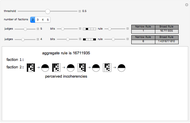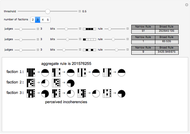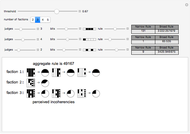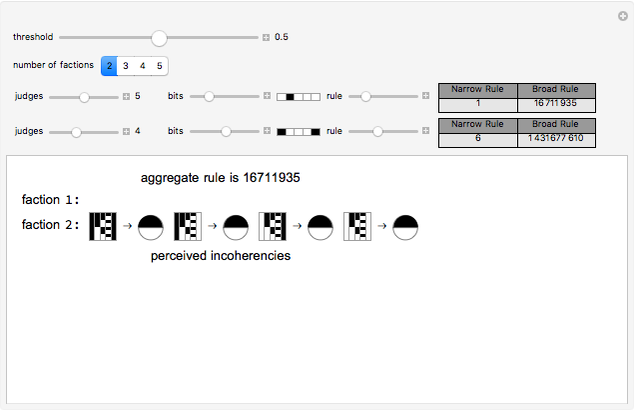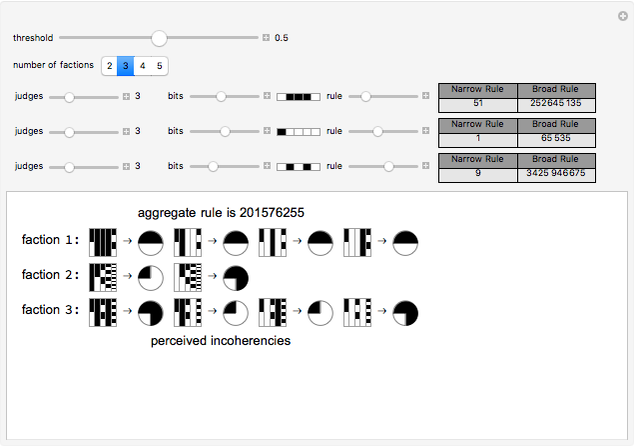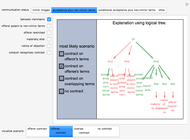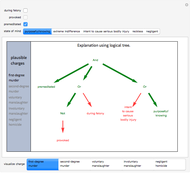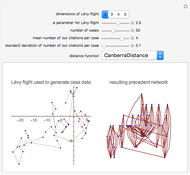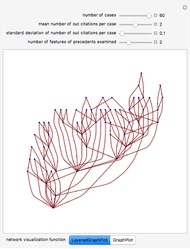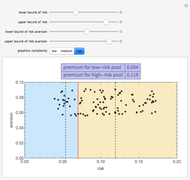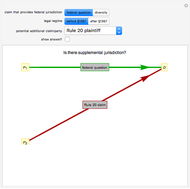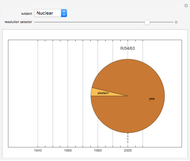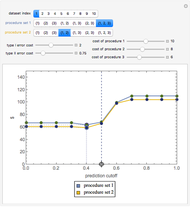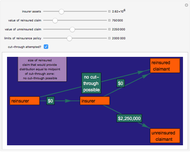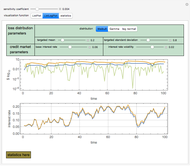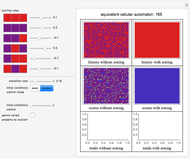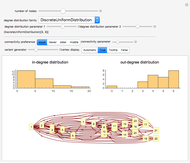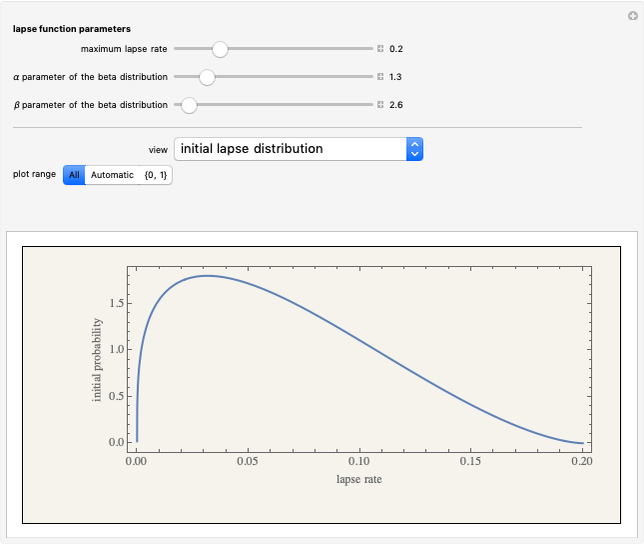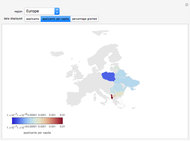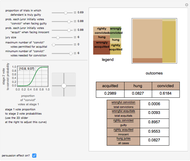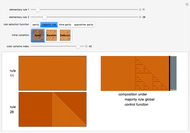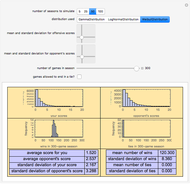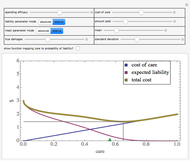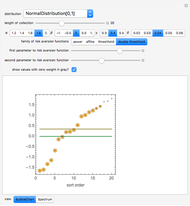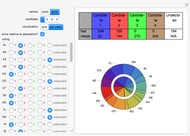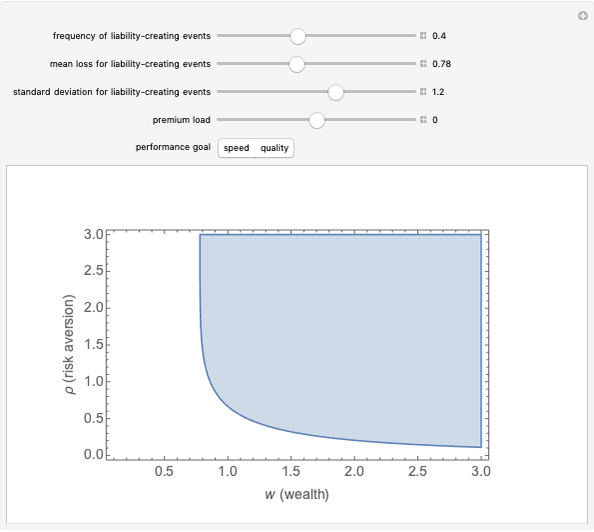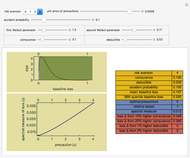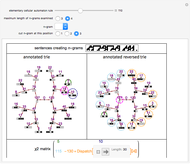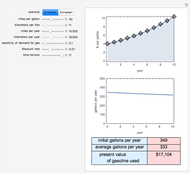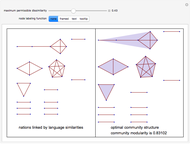Legal Incoherence

Requires a Wolfram Notebook System
Interact on desktop, mobile and cloud with the free Wolfram Player or other Wolfram Language products.
One can conceptualize a legal rule as a mapping from a set of facts (a "scenario") onto an outcome, which can be idealized as "affirmative" or "negative". Among courts with more than one judge, however, that legal rule may be thought of as a composite of (1) a set of functions by which each judge maps some subset of the scenario onto the judge's preferred outcome and (2) an aggregation rule (such as majority rule) that is used to determine the outcome of the case. This Demonstration shows how such a system results in decision rules—"the law"—that reflect the views of no single justice and creates cases that, while decided differently, are, from the perspective of many judges and observers, logically "indistinguishable".
[more]
Contributed by: Seth J. Chandler (March 2011)
Open content licensed under CC BY-NC-SA
Snapshots
Details
Snapshot 1: only the judges in the majority faction fail to see any incoherence in the law
Snapshot 2: in a highly factionalized court, all the judges see multiple instances of incoherence
Snapshot 3: a three-faction court requiring at least a 67% vote in which all of the factions see incoherence
Snapshot 4: a five-faction court in which all the judges see instances of incoherence
This Demonstration is partly motivated by the difficulties law students and legal practitioners often have reconciling bodies of precedent in order to determine the "true legal rule" that can be applied in a subsequent case. While such difficulty in reconciliation—"incoherence"—is sometimes simply the result of history or of disagreements between the judges and the person studying the law about the ways in which certain facts can be relevant, this Demonstration suggests that, at least in theory, the incoherence derives simply from the process of aggregating votes of judges whose own internal rules are indeed "coherent". That aggregation may result in only a small set of judges (or possibly no judges) seeing complete coherence between legal scenarios and outcomes.
If a faction does not consider all the facts in a scenario to be relevant, the "broad rule" will contain a number of "don't care" bits.
Permanent Citation
"Legal Incoherence"
http://demonstrations.wolfram.com/LegalIncoherence/
Wolfram Demonstrations Project
Published: March 7 2011





